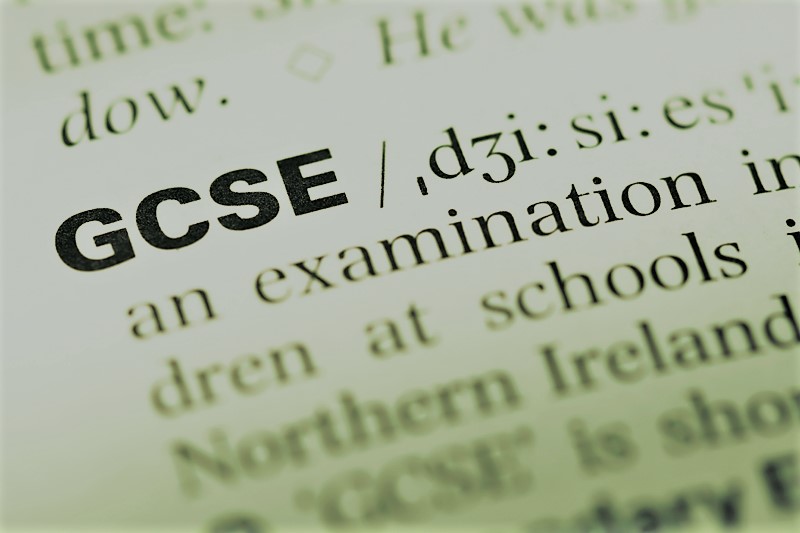Equivalent but different
The “I” in IGCSE is for “International”. The courses are more relevant to those studying them internationally. So for children being schooled at home, who may be based in any part of the world, they are ideal.
Although equivalent, there are a few differences between IGCSE and GCSE:
The GCSE may be taken only in the UK, whereas there are opportunities to take the IGCSE in nearly every country in the world as well as in the UK.
The GCSE is set only in May/ June of each year. But students may sit for the IGCSE also in October/ November, and in India only, also in March.









